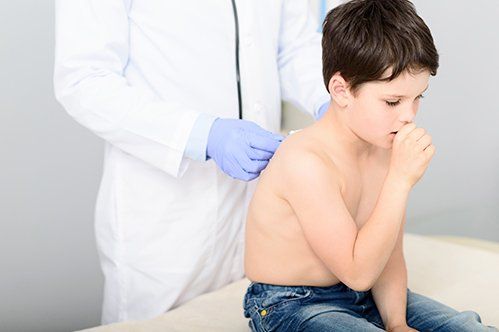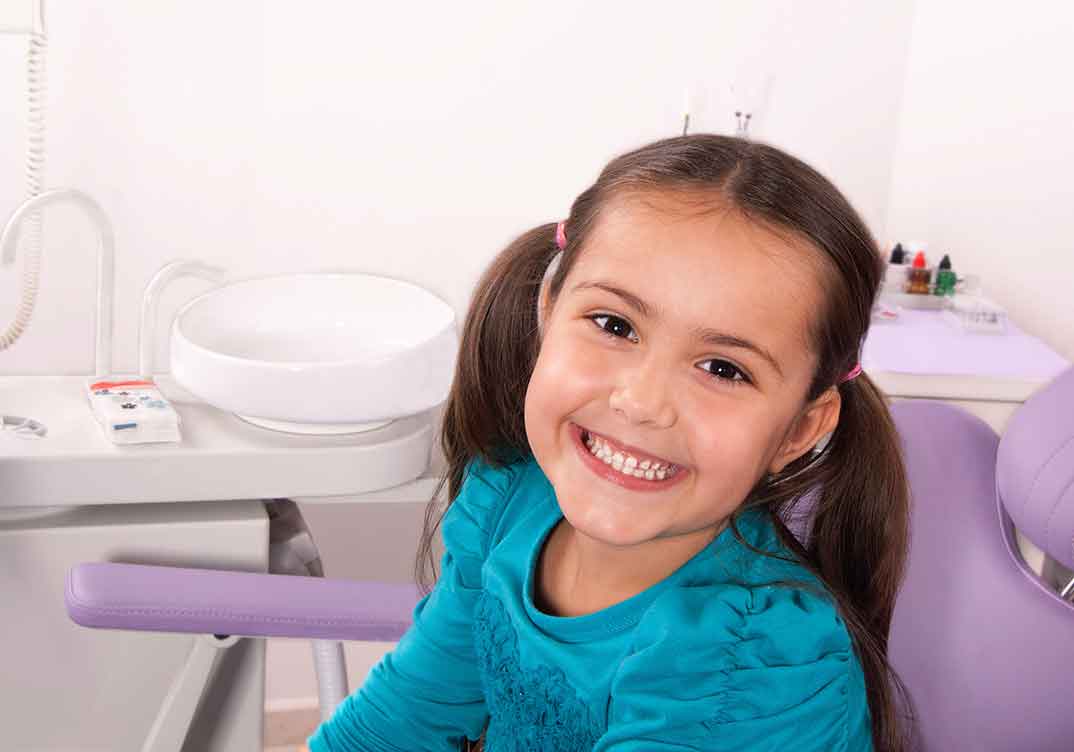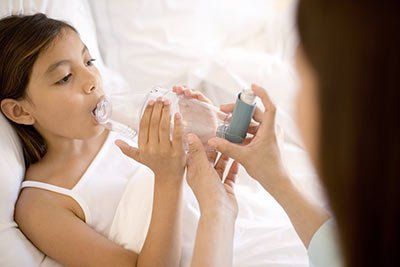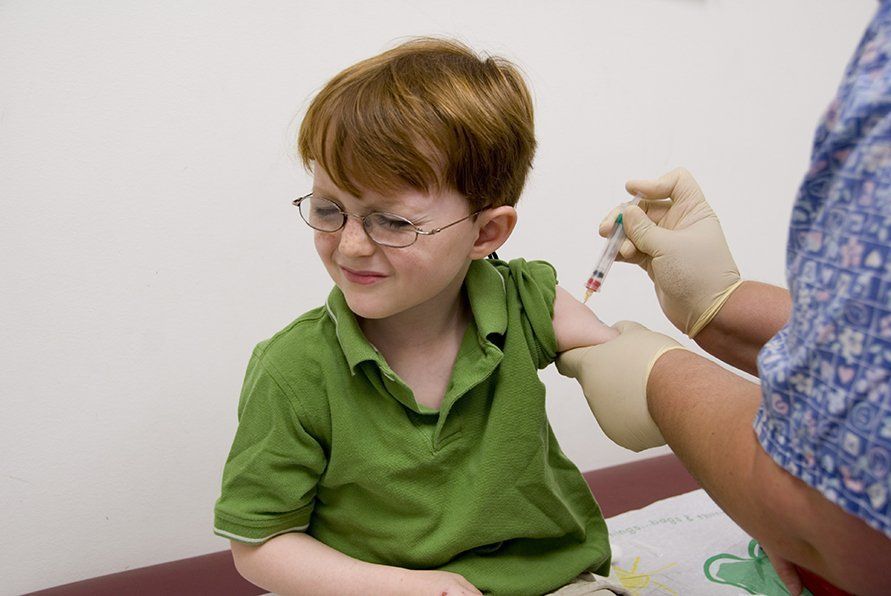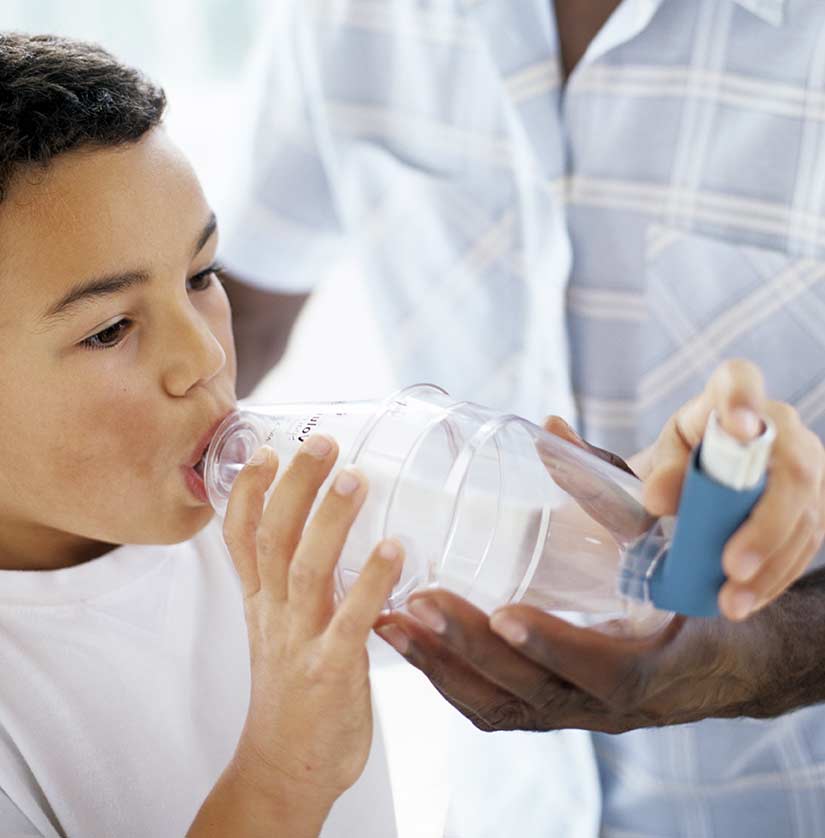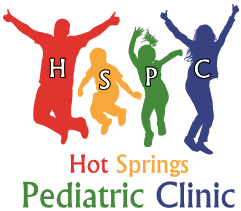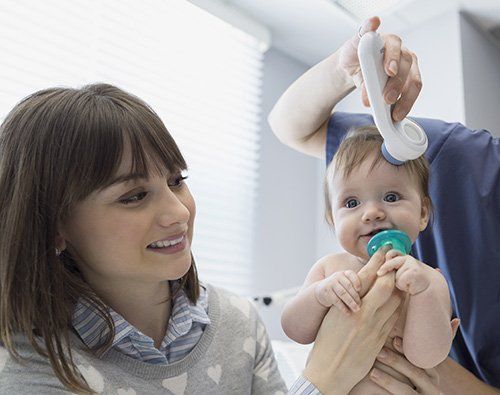Once you have heard a telltale cough or sneeze, you know what you are in for. Sore throats, runny noses and other cold symptoms await. With hundreds of viruses floating around that can cause a cold, it makes sense that you want to know how to manage your child's cold before the season really starts.
Stay Calm
For most healthy children, a cold is not dangerous. Most colds will go away in the span of a few days, even without treatment. An exception is made for newborns and children who may have compromised immune systems.
Children can have multiple colds per year to no detriment to their overall health. This is especially the case between September and March - when cold season runs rampant.
Know the First Signs of a Cold
Children's cold signs typically begin with an overall sick feeling. The symptoms include a runny nose, sneezing, exhaustion, sore throat and a cough. Postnasal drip is common in the later stages of a cold, thanks to the buildup of mucus. Some children experience other side effects of a cold, including sinus issues, ear issues, throwing up and diarrhea.
Understand Preventative Measures
If one child has a cold, it does not mean others in your house will necessarily catch it. You can take steps to prevent the spread of a cold or cough. Reinforcing the need to keep hands clean is one way to defend against an outbreak in your home.
You can also encourage the use of tissues for nose blowing in addition to using the crook of their elbow to cover the mouth during a sneeze. Coughing into the elbow is also helpful.
Doctors don't advise giving cough medicines, like cough suppressants and decongestants, to children under the age of four. Coughing is actually a healthy response to the cold because it helps eliminate the virus from the body.
Seek to Remedy a Sore Throat
Sore throats can be especially difficult for children to deal with, especially because the pain can feel more intense for them. Honey may be a good deterrent for a sore throat in children as long as they are older than one year. Many doctors may recommend honey or tea with honey rather than cough drops, which may pose a choking hazard for children.
Encourage Hydration
Staying hydrated with fluids, especially water, is crucial during a cold. Not only is it good for the healing process, but it may also thin mucus. Children may be more likely to drink juice than water, but make sure to look out for sugar content. Children may also benefit from drinks with higher levels of vitamin C.
If your child is not hungry, ensure that they still get the nutrition needed. Soup or broth is a fantastic way to encourage this.
Moisturize the Air Inside
Dry air inside your child's room during sleep time can deter healing. A humidifier will moisten the air and encourage the healing process. It can also soothe the throat, which helps to relieve itchiness and soreness during sleep. Humidifiers are also beneficial for allergies.
Call the Doctor When Necessary
If you notice a worsening cough that does not get better over time, it is important that you talk to your child's pediatrician. Vomiting, shaking, fever and coughing that seems to cause distress should be noted. These could actually be signs of the flu, not a cold. You should also call the doctor if your child has a long-term health condition, like asthma or diabetes, already.
Are you still searching for answers to your questions about managing your child's cough or cold?
Hot Springs Pediatric Clinic
is here to help you.
